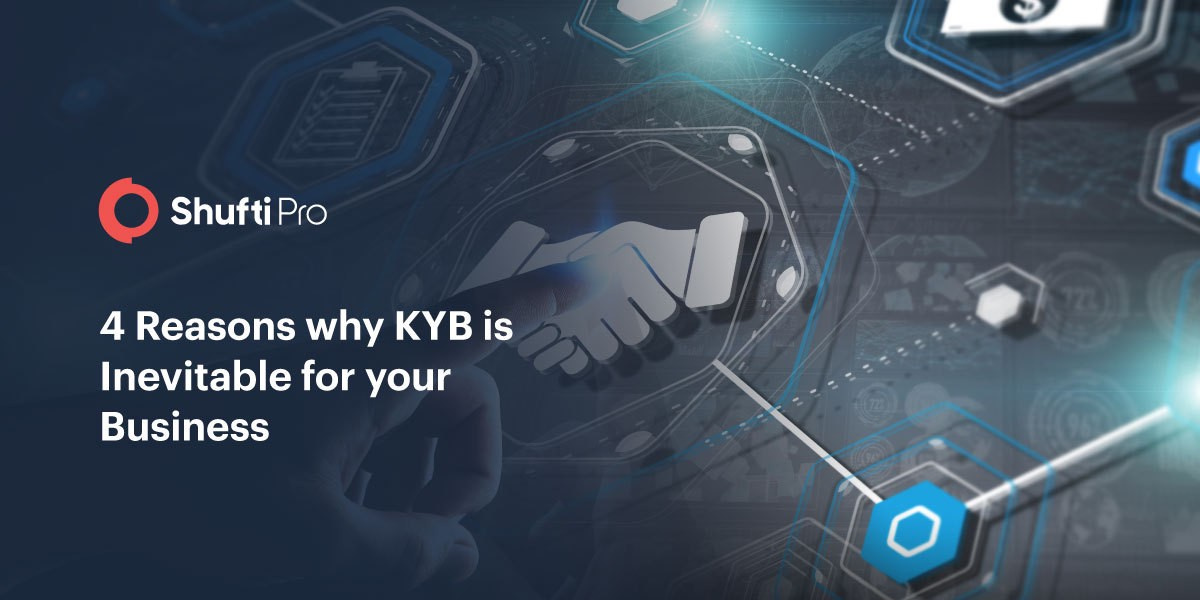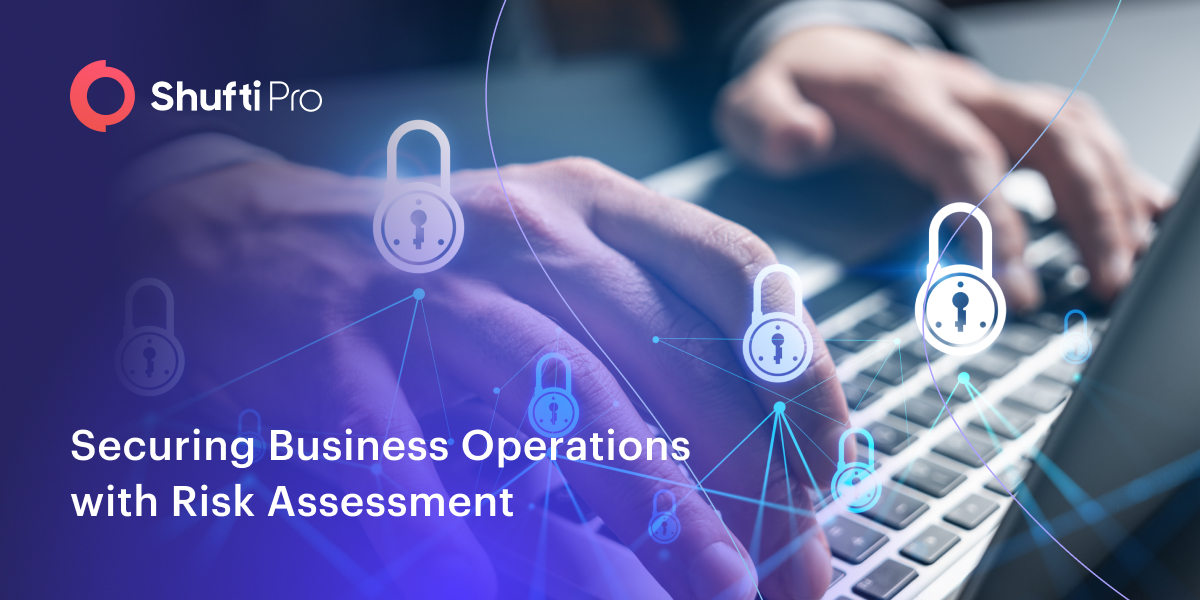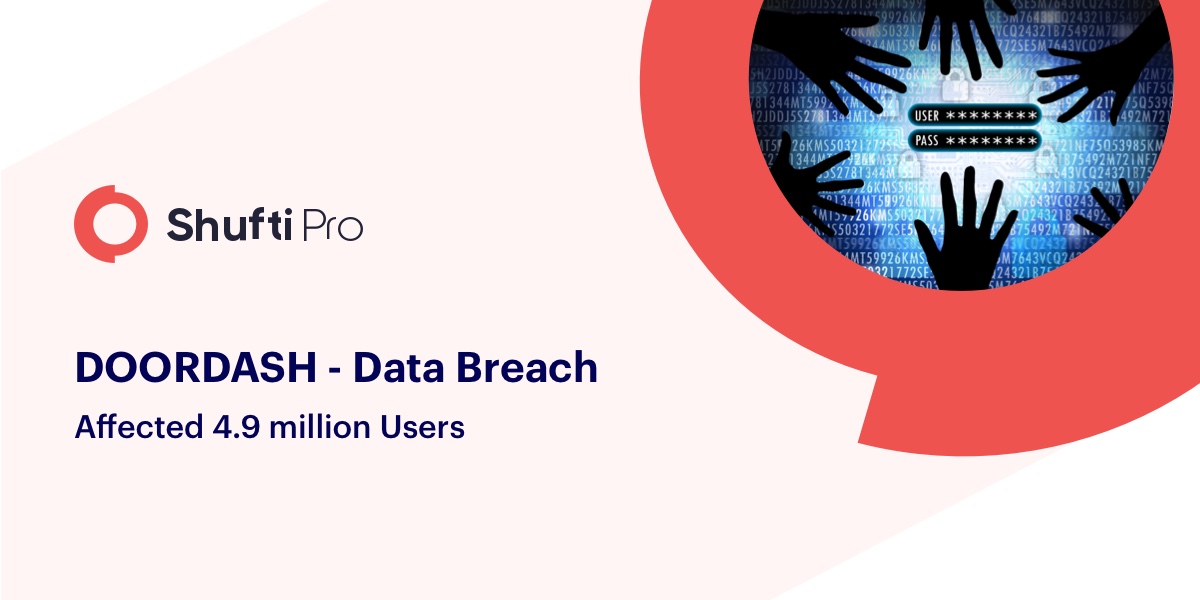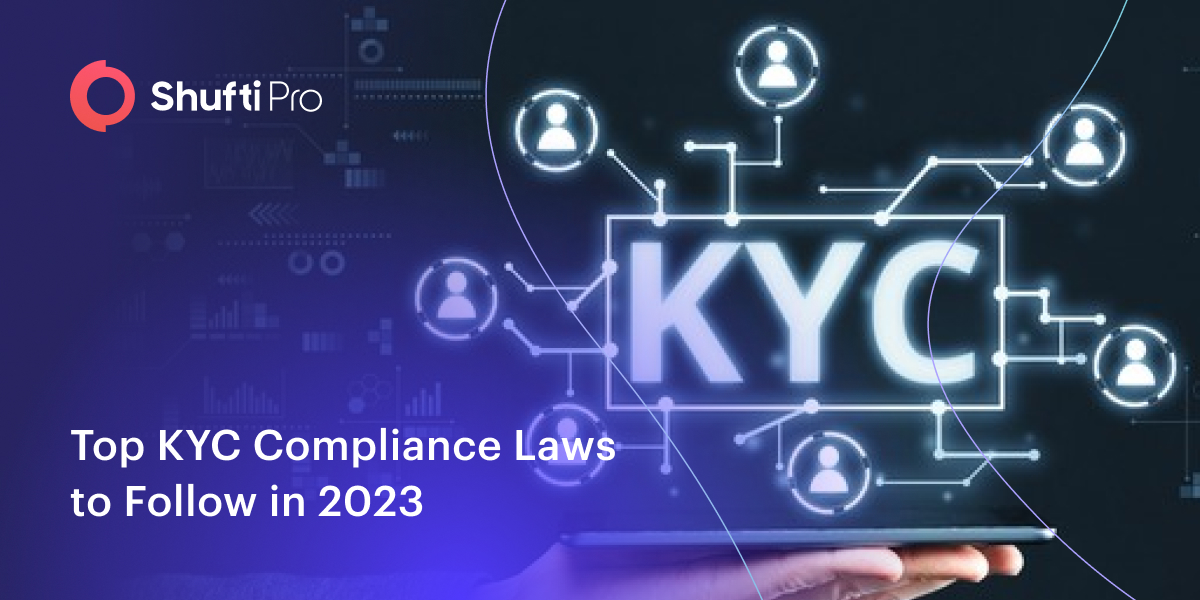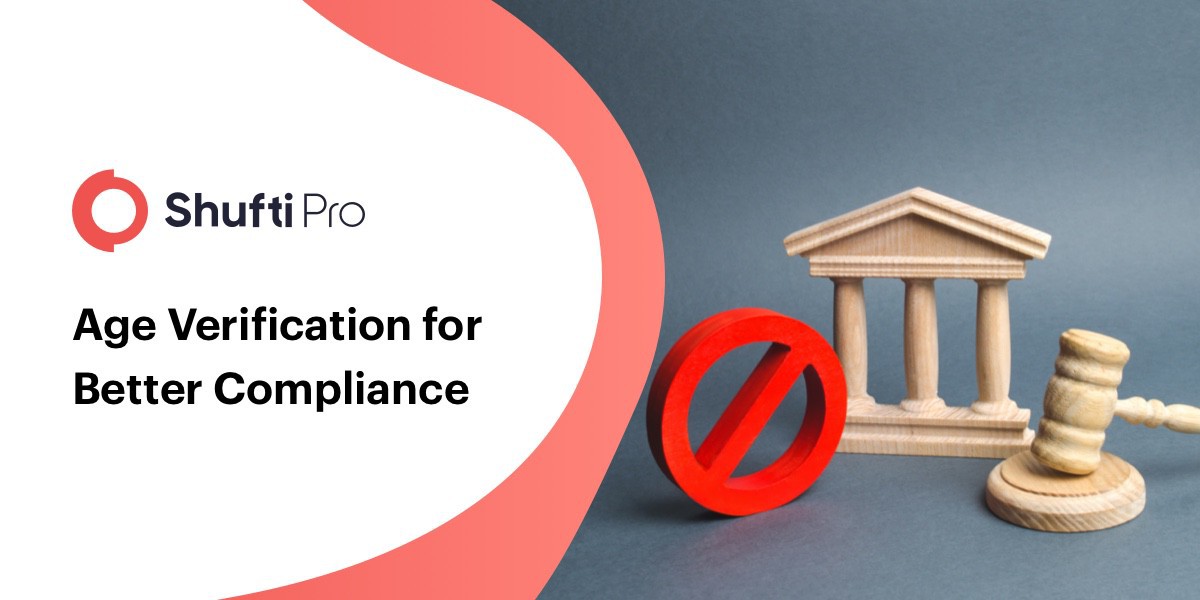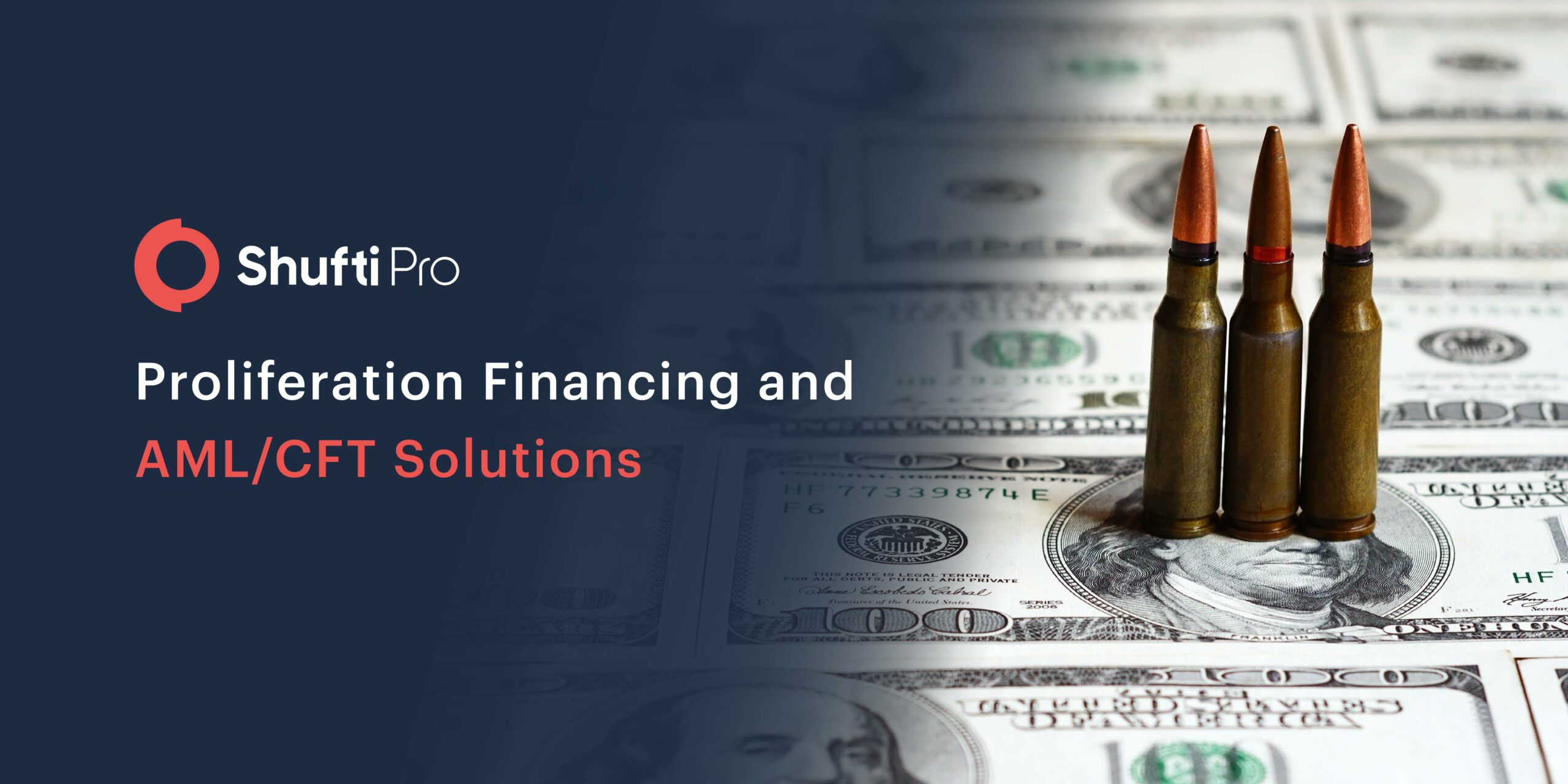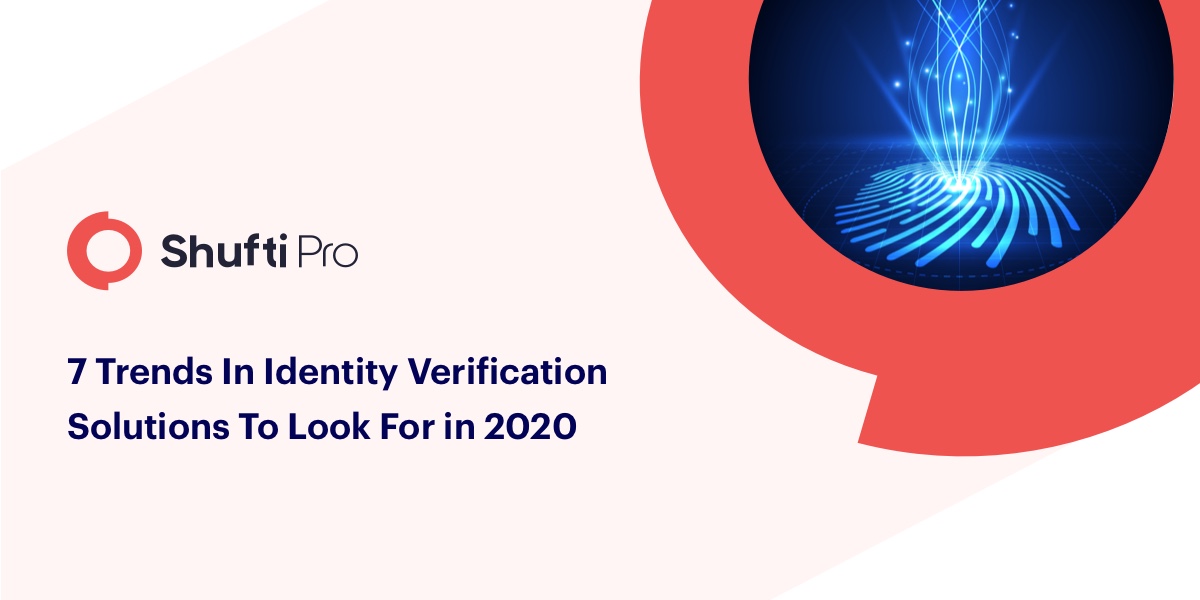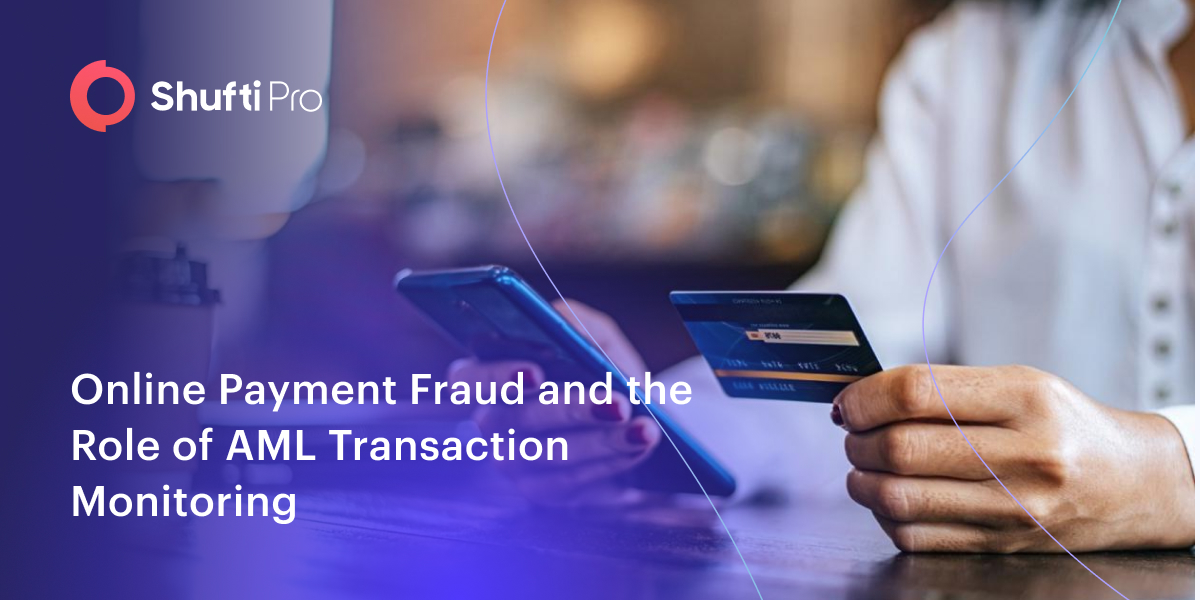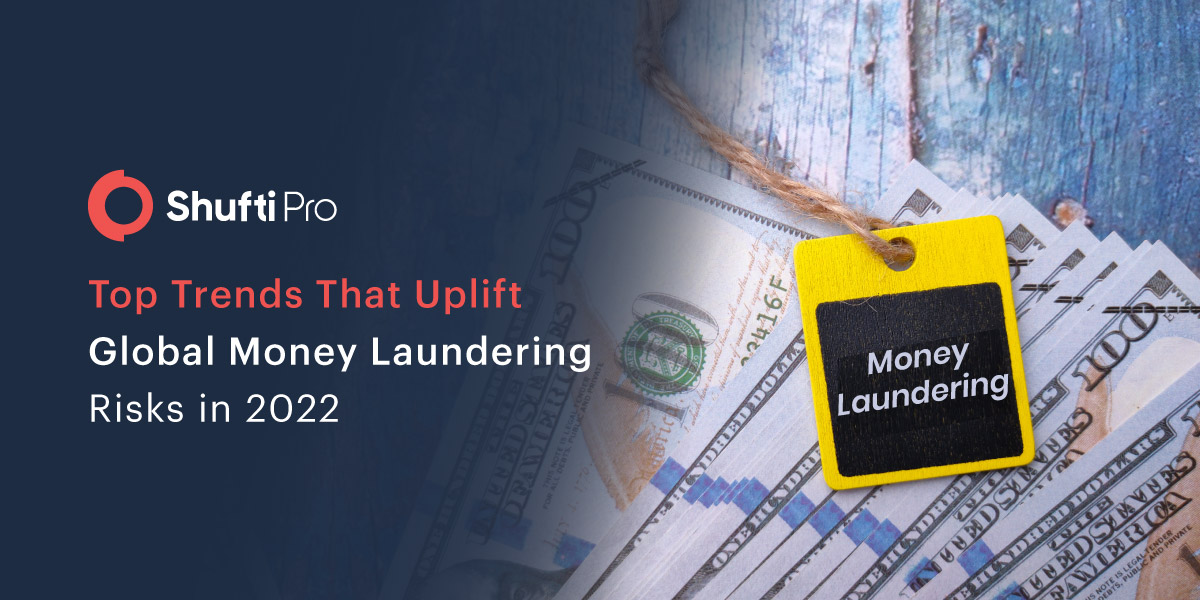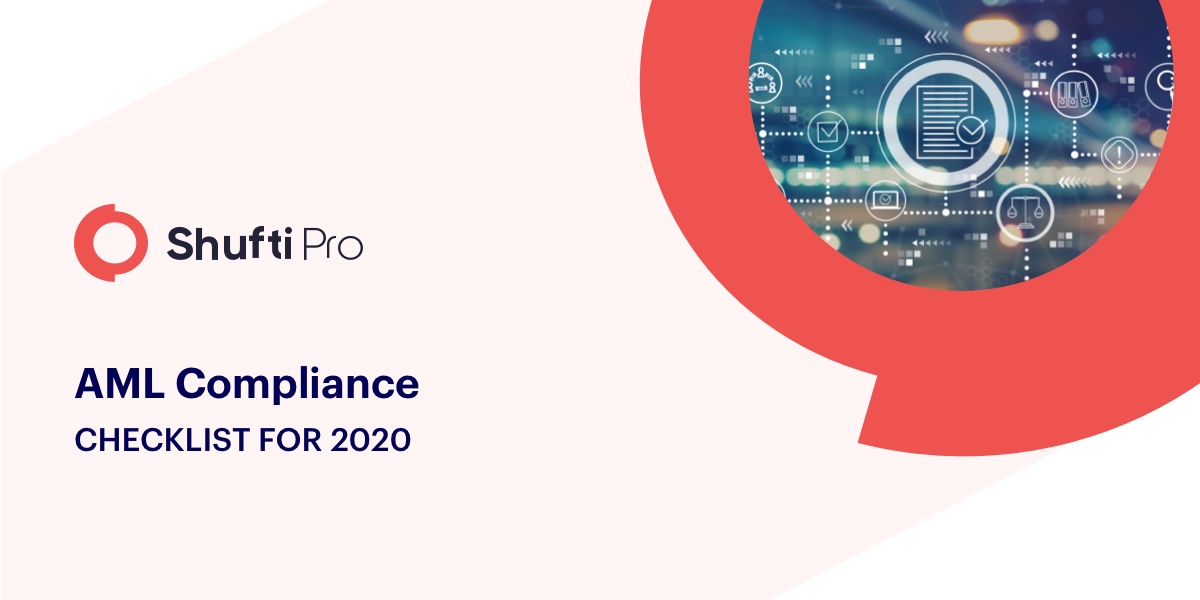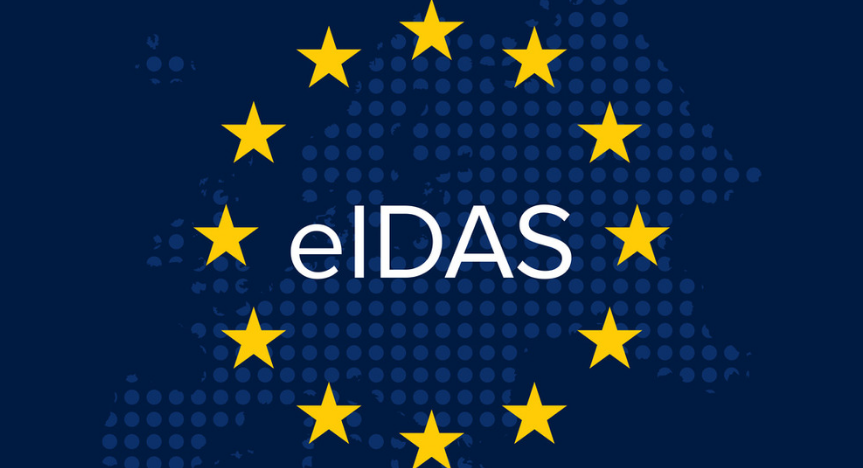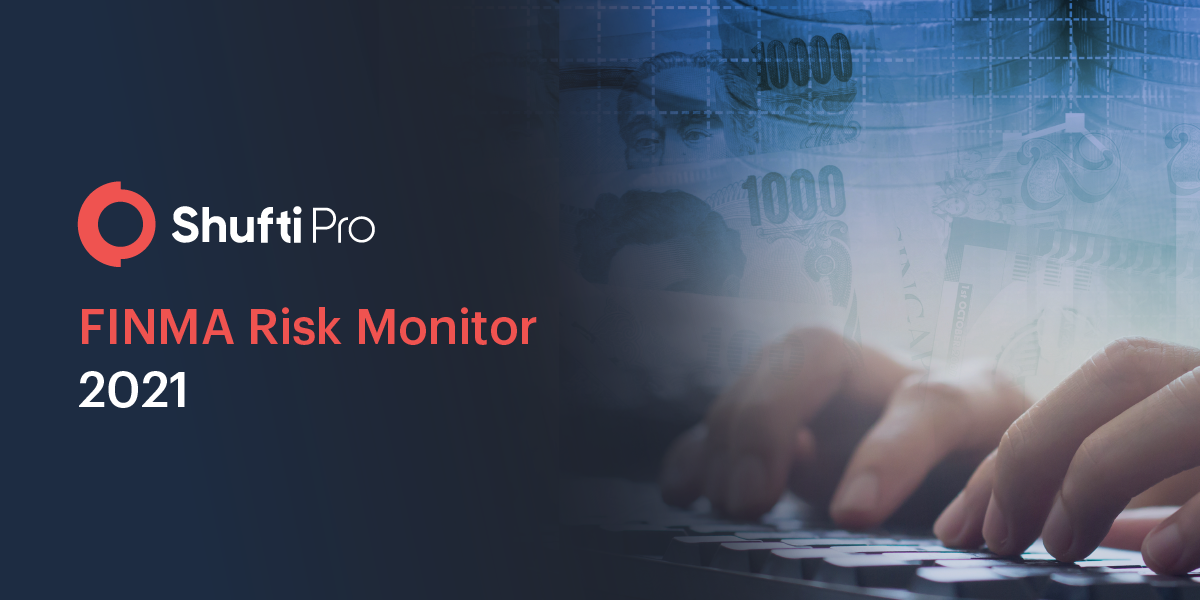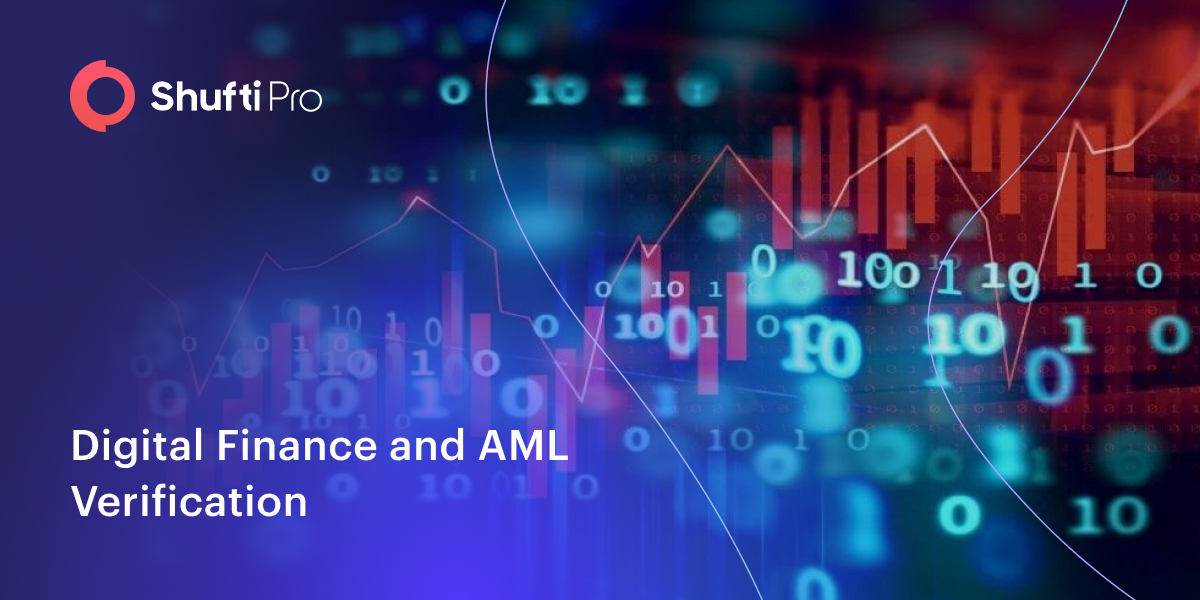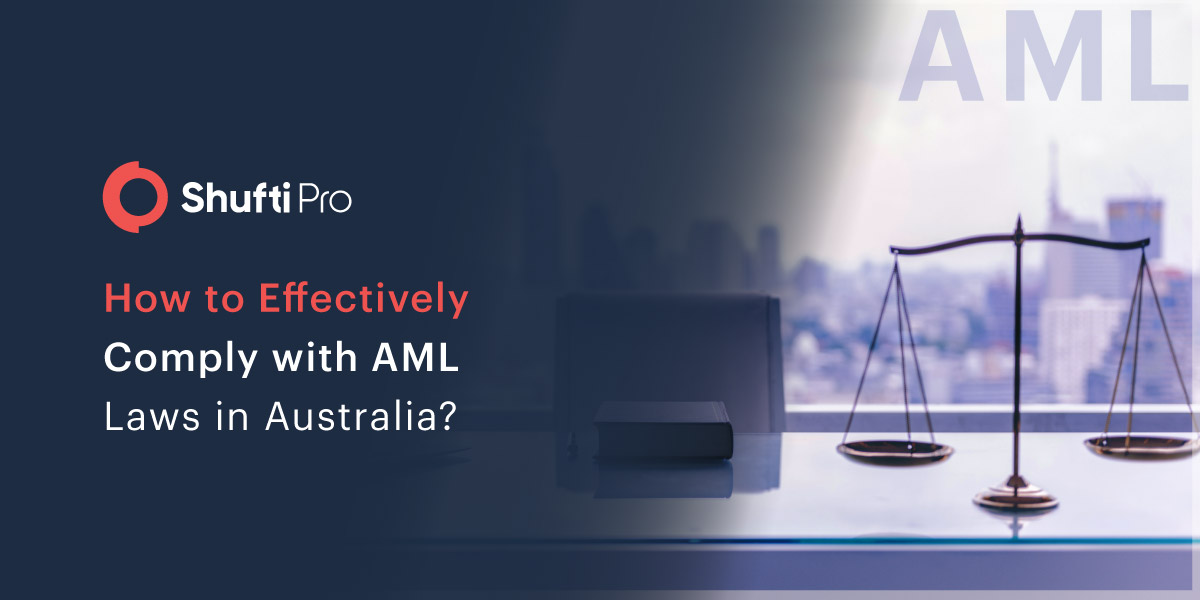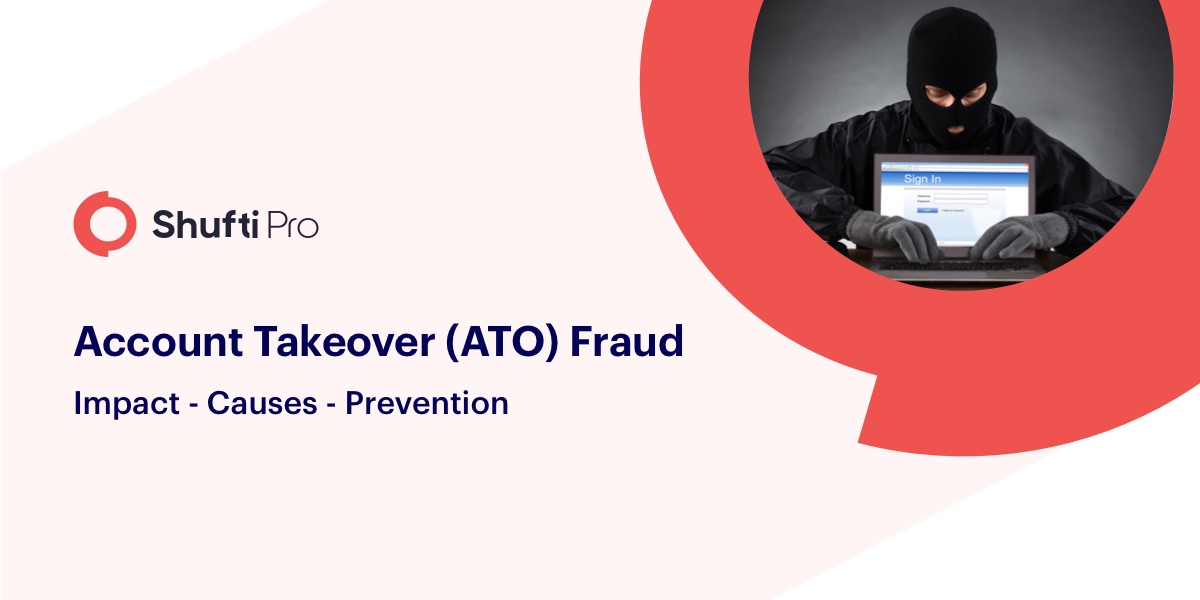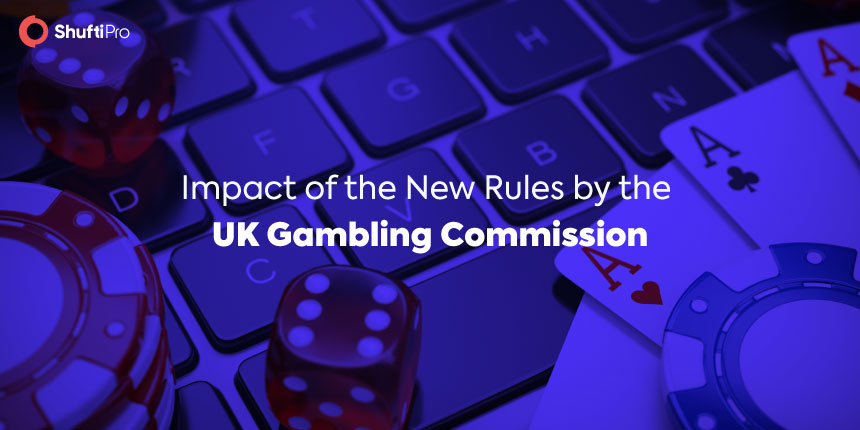Jobs in the frame for money laundering

- 01 How banks can detect money mules?
- 02 Detecting money mules is no longer easy!
- 03 How do ‘money mule’ job scams work?
- 04 4 ways banks can detect money mules
- 05 Transaction Monitoring
- 06 Know the ‘Ultimate Beneficial Owners (UBOs)’
- 07 Watch where the money goes!
- 08 Pay heed to originating countries
- 09 It all boils down to ongoing KYC and AML
How banks can detect money mules?
Remote jobs are trending but not every job is legitimate. Some jobs can land you in jail.
This blog highlights how job scams are turning employers into money launderers and how banks can detect these money mules to comply with changing regulations.
Ever come across job listings that require an employee to handle funds and process payments for the employer? Seems like an easy job, but beware! You might end up being a money mule. And the interesting part is you won’t even know about it. With all this pandemic situation going on, remote jobs are trending, providing an opportunity for financial criminals to target job seekers and turn them into money mules.
What are money mules in banking?
In terms of money laundering, money mules are generally known as the individuals hired by criminal organisations to deposit or process criminal proceeds into bank accounts disguised as a regular financial activity. Sometimes these individuals aren’t even aware that they are handling illicit funds.
Detecting money mules is no longer easy!
Generally, criminal groups hire individuals that are willing to participate in illicit funds transfers. Typically they are instructed on what they are supposed to do and what should be done to surpass checks by financial institutions and law enforcement authorities. Many of these participants open bank accounts with the intention to deposit or transfer illicit funds to overseas accounts controlled by criminal organisations. In this scenario, the banks already conduct due diligence on their customers at the account opening stage and can detect suspicious activity from accounts.
On the other hand, sometimes money mules are unaware that they are committing a crime that makes the due diligence process much more difficult. In such scenarios, criminal organisations use various tactics to trick victims into becoming money mules unknowingly. In such cases, the targeted recruits may have already been classified as low-risk customers by financial institutions. Undoubtedly, money launderers prefer such a set-up because it adds a perception that all the transactions being processed are legitimate.
How do ‘money mule’ job scams work?
Identifying professional money mules is easier than detecting the money laundering from low-risk authentic customers. That’s the reason why criminals target such individuals. Job seekers are often targeted by criminal organisations to move small amounts of cash using their personal bank accounts. In all this process, individuals become money mules, oblivious of the fact that they are being exploited by the financial criminals.
How job scams can turn into money laundering?
Money launderers and financial criminals apply various legitimate-looking tactics to trick individuals. Some of these techniques include:
- Online job postings offering easy and lucrative remote job opportunities.
- Sending out emails stating that they are hiring employees who can process their payments and transfer funds.
- Fake job postings in which the international employer asks a candidate to transfer funds and make payments from an employee’s bank account.
- Promising a certain percentage for using your bank account to transfer payments.
4 ways banks can detect money mules
Banks and financial institutions are under the continuous scrutiny of regulatory authorities. Combatting money laundering and financial crimes has never been this important as it is now. Proper AML checks must be put in place to comply with stringent AML/CFT regulations. The significant challenge is to identify low-profile money mules who are unaware of the fraud they are committing by transferring illicit funds.
Here are four strategies that banks can incorporate to detect money mules and comply with changing AML regulations.
Transaction Monitoring
To be aware of higher-risk transactions is crucial for banks and ongoing account monitoring of customer accounts is a necessity to look out for any red flags and unusual suspicious activity. The activities such as currency-insensitive transactions, continuous cash flow from the account, funds transfers to and from high-risk jurisdictions and frequent ownership changing of some business entity, are what considered suspicious.
For instance, if an individual working with a company or a money transfer agent starts receiving numerous cash deposits in their account that are shortly sent through wire transfer, then the bank should conduct the due diligence. The purpose is to not only to verify the purpose of these transactions but to also know the beneficiaries of these transfers.
Financial institutions must incorporate know your transaction (KYT) process to ensure that the transactions being processed are legitimate and don’t pose any risk of money laundering. Moreover, the compliance officer must ensure an intelligent and automated transaction monitoring system to successfully fetch the identity of the beneficiary and geographic location along with the date of a transaction.
Failure to monitor transactions can land financial institutions in a complex situation where the important risk factors such as potential involvement of politically-exposed person (PEPs), jurisdictions, and high-risk countries are not taken into account. It makes it nearly impossible for the banks to investigate and detect potentially suspicious transactions.
Know the ‘Ultimate Beneficial Owners (UBOs)’
Criminal organisations can use various tactics to trap individuals, one of which is to convince the individuals having accounts in British or American banks to open trusts and shell companies as a part of their legitimate job. Sometimes, the illegal funds have already been deposited into the account of mules (the victims). The hidden purpose is to obscure the beneficial owner – might be the head of a criminal network – with the shell corporations.
These shell firms are formed mysteriously such as Panama and are generally called Private Investment Corporations (PICs). It is crucial for the banks to verify and establish trust in the use of these legally-structured PICs and efficiently follow any strategy to know the ultimate beneficial owner of these corporations. Identifying and monitoring beneficial owners came under the guidance issued by UK’s Joint Money Laundering Steering Group in 2007.
Moreover, with the fifth AML directive coming into effect, the obliged entities are mandated to implement beneficial ownership registry. It is vital for the banks and financial institutions to collect and maintain current and accurate information about the beneficial owners.
Watch where the money goes!
One easy way to identify the money mules is to track where the money is sent. Most of the times, money mules working for criminal organisations have no idea to whom they are transferring the money since they only follow the instructions they are given. Such funds are most likely to be transferred to the high-risk countries having low assessment ratings according to FATF’s evaluation report.
With the funds moving to jurisdictions with weak anti-money laundering checks and systems, red flags must be raised for the banks. Ignoring them is not even an option. Recently this year, the Deutsche Bank Epstein’s fine highlights important lessons for the financial institutions. The bank was fined for financial dealings with a criminal and funds flow through two banks involved in large-scale money laundering scandals.
Banks must keenly monitor where the money goes and question their clients about the purpose of payments and the sources of money to detect money laundering.
Pay heed to originating countries
Informal and unusual funds transfer can be easily detected by paying continuous and close attention to the country of origin of the transaction in question. Such suspicious transactions mostly originate from the countries with weak AML controls in place and whose residents have been indicted by fraud prevention authorities for financial scams and money laundering.
Recently 80 individuals are arraigned by the U.S Justice Department for involvement in the money laundering scheme and massive business email scams, valued at approximately $3 billion. 78 out of these accused individuals are Nigerians. Undoubtedly, Nigerian scams have been making headlines for the last few months. In such a scenario, any financial relationship with residents of Nigeria is a red flag. And it must provoke compliance officers to investigate the financial dealings of the customers.
Additionally, when the customer is unaware of laundering money, they are likely to provide valuable information to the compliance officer or the bank authorities. For instance, the customer can inform the bank about the source of money, the purpose for which this money is going to be used – a customer may tell the officer that the funds are to be invested in some profitable business.
All this information from the customers can lay a strong foundation for the investigation of the transaction resulting in the detection and combating of money laundering. With this information in hand, the bank can further initiate Know Your Business (KYB) process for business verification through ‘company registration number’ and ‘jurisdiction code’.
It all boils down to ongoing KYC and AML
Detecting accidental money mules is difficult but not impossible. With adequate steps in place, banks can effectively disclose and report money laundering activities to comply with changing AML regulations. One-time customer verification and screening is not enough, especially in the case of low-risk customers. You never know when these individuals can turn into high-risk stakeholders of your organization. Therefore, ongoing KYC and AML checks are essential to timely identify the risks associated with customers.






